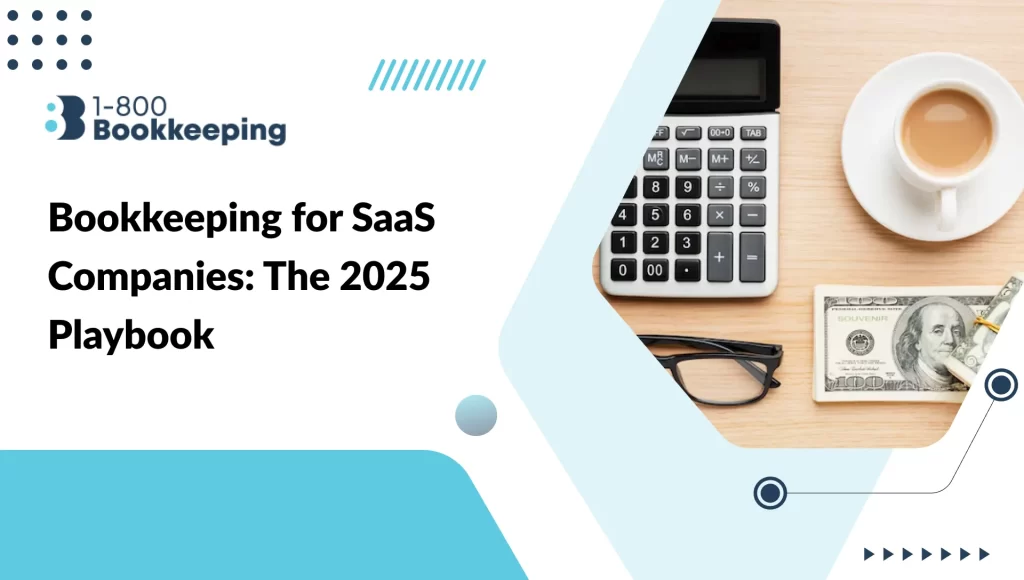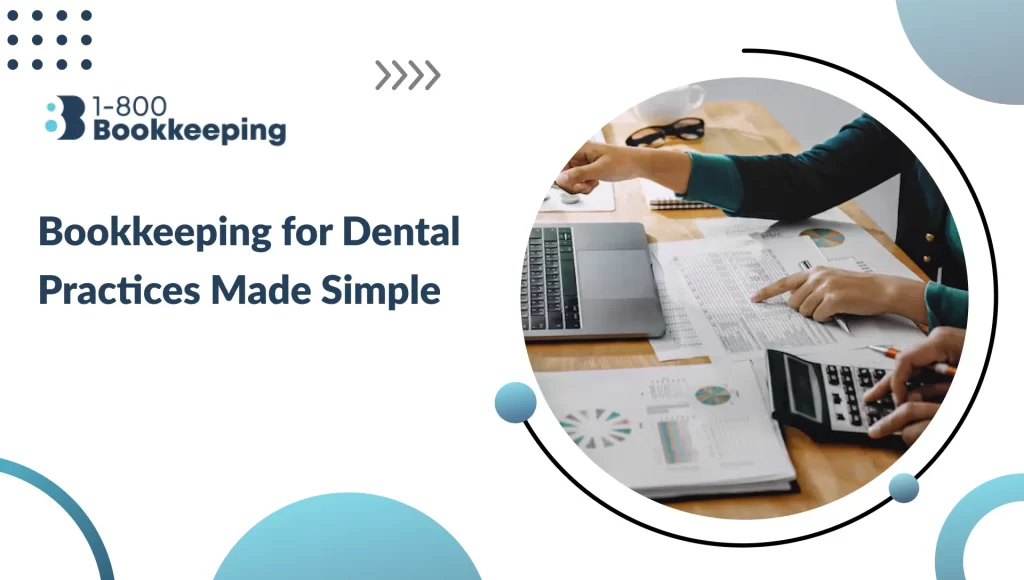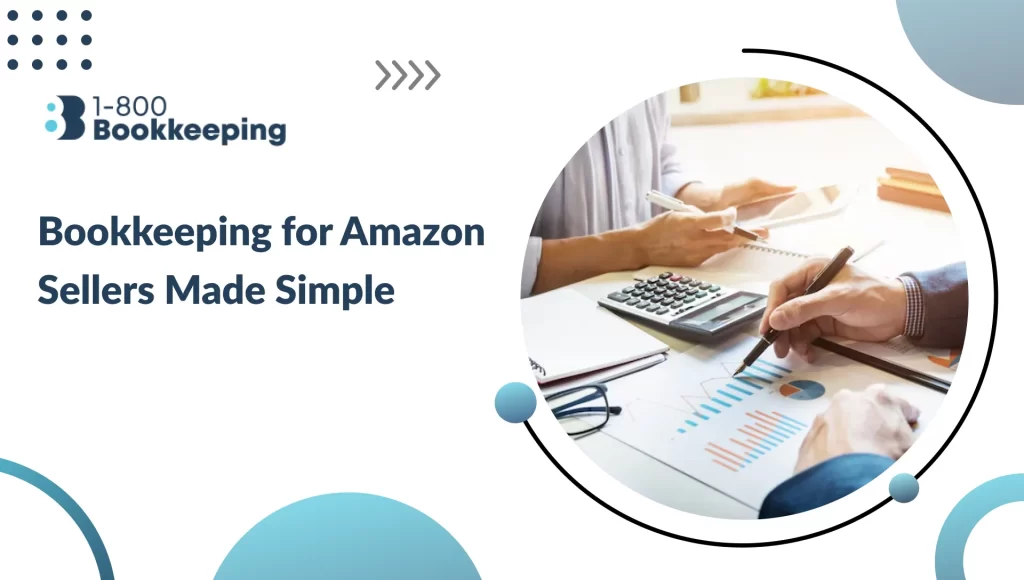Single-entry bookkeeping is a straightforward method for recording financial transactions that offer a simple, cost-effective solution for managing your business’s finances. This approach involves making a single entry for each transaction, which can be a major advantage for small businesses, sole proprietors, and entrepreneurs who may not have extensive accounting expertise or resources. Using single-entry bookkeeping lets you streamline your financial record-keeping process, making it easier to track income and expenses without complex accounting systems. In this guide, we’ll explore the advantages and disadvantages of single-entry bookkeeping, provide a detailed comparison with double-entry bookkeeping, and offer practical steps for setting up and maintaining your records. Whether you’re a new business owner or looking to simplify your current bookkeeping practices, this comprehensive guide will help you understand the essentials of single-entry bookkeeping and how it can benefit your business.
Partnering with 1-800 Bookkeeping for Efficient Bookkeeping
At 1-800 Bookkeeping, we understand the critical role that accurate bookkeeping plays in the overall success of small businesses. Our services are designed to help businesses maintain high-quality financial records, ensuring smooth operations and compliance with financial regulations.
- Expert Bookkeeping Services: Our expert bookkeeping services ensure that all financial transactions are recorded accurately and comprehensively. We help businesses maintain precise financial records, providing a solid foundation for reliable financial management and decision-making.
- Comprehensive Financial Reporting: We offer comprehensive financial reporting services, providing clear and detailed financial statements. Our reporting services help businesses present a transparent and accurate picture of their financial health, which is crucial for strategic planning and growth.
- Tax Preparation and Compliance: Our tax preparation and compliance services help businesses maintain overall financial health, ensuring that all tax obligations are met accurately and on time. We help businesses avoid potential liabilities, allowing them to focus on their core operations and growth.
Our expertise in financial management and advisory services has enabled numerous businesses to maintain precise financial records and achieve their business goals. Partner with 1-800 Bookkeeping to ensure your business’s continued success. Contact us today for a complimentary consultation.
Advantages of Single-Entry Bookkeeping
The benefits of single-entry bookkeeping are significant, especially for small businesses. Here are some of the key advantages:
- Ease of Implementation: Setting up single-entry bookkeeping is relatively simple. It requires basic record-keeping skills and does not necessitate advanced accounting knowledge, making it accessible for business owners who may not be familiar with complex accounting systems.
- Cost-Effective: Single-entry bookkeeping is generally much cheaper to implement than double-entry bookkeeping. There is less need for expensive accounting software or professional services, making it a budget-friendly option for small businesses.
- Ideal for Simple Transactions: Single-entry bookkeeping offers a practical solution for businesses with straightforward transactions, such as cash sales and basic expenses. It provides a straightforward way to keep track of income and expenses without intricate accounting procedures.
These advantages explain why many small businesses choose this method. It offers a reliable way to keep track of financial activities without needing a high level of expertise or significant investment in accounting resources.
Disadvantages of Single-Entry Bookkeeping
Despite its benefits, single-entry bookkeeping has some drawbacks th at should be considered:
- Lack of Detailed Financial Insights: This system does not comprehensively view a business’s financial health. Important financial statements like balance sheets or income statements are difficult to produce accurately, limiting the ability to understand overall financial performance.
- Not Suitable for Complex Businesses: Businesses with more intricate financial transactions, assets, or liabilities might find single-entry bookkeeping inadequate. This method does not support detailed financial tracking for more complex operations.
- Higher Risk of Errors: Without the checks and balances inherent in double-entry bookkeeping, there’s a greater risk of making undetected errors. This can lead to inaccurate financial records, tax reporting, and financial management issues.
While single-entry bookkeeping is effective for small operations with simple financial transactions, it may not provide the necessary insights and accuracy for more complex businesses.
Single-Entry vs. Double-Entry Bookkeeping
Understanding the differences between single-entry and double-entry bookkeeping is crucial when choosing the right method for your business.
Complexity
- Single-Entry Bookkeeping: Involves recording each transaction only once. This makes it more straightforward but less comprehensive.
- Double-Entry Bookkeeping: Records each transaction twice, once as a debit and once as a credit. This provides a more detailed and accurate accounting of a company’s financial position.
Accuracy
- Single-entry bookkeeping: There is a higher risk of errors due to a lack of cross-checking, leading to discrepancies in financial records.
- Double-Entry Bookkeeping: Reduced risk of errors through a system of checks and balances. This method ensures that debits and credits are always balanced, which helps maintain accurate records.
Suitability
- Single-Entry Bookkeeping: Ideal for small businesses with simple transactions. It is suitable for operations that do not require detailed financial tracking.
- Double-Entry Bookkeeping: More suitable for larger or more complex businesses that need detailed financial reports. It supports the production of comprehensive financial statements and provides a clearer picture of financial health.
Each method has its place, and the choice often depends on the complexity and size of the business.
Setting Up Single-Entry Bookkeeping
Setting up single-entry bookkeeping is a straightforward process. Here’s a step-by-step guide:
- Gather Necessary Tools and Materials: Basic accounting tools such as ledgers, journals, and simple accounting software will be needed. These tools will help you organize and record your financial transactions.
- Basic Setup Steps:
- Create a Journal: This is where you will record all financial transactions. It can be a physical ledger or a digital document.
- Categorize Transactions: Classify transactions into categories like sales, expenses, and receipts. This will help you keep track of different types of financial activities.
- Organizing Financial Records: Maintain a well-organized system where every transaction is recorded and appropriately categorized. Regularly updating and reviewing your records will ensure accuracy and ease of access.
Anyone with basic accounting knowledge can set up single-entry bookkeeping, which is especially useful for businesses that don’t require detailed financial records.
Recording Transactions in Single-Entry Bookkeeping
Recording transactions accurately is a critical part of any bookkeeping method. Here’s how to manage it in single-entry bookkeeping:
- Cash Receipts: Record any income received. This could include sales revenue, loans, or investments. Ensure that each receipt is logged with the date, amount, and source of income.
- Cash Disbursements: Document all expenses paid out. Common disbursements include payments for supplies, salaries, and utilities. Each expense should be recorded with the date, amount, and purpose.
- Tracking Sales and Expenses: Ensure every sale and expense is logged accurately. This can be done manually or through simple accounting software. Regularly review your records to confirm that all transactions are accounted for.
Properly recording transactions helps maintain accurate financial records, which is essential for business decision-making.
Common Mistakes to Avoid
Avoiding common single-entry bookkeeping mistakes is key to maintaining accurate records. Here are some pitfalls to watch out for:
- Inaccurate Record-Keeping: Ensure that every transaction is recorded accurately—Double-check entries to avoid errors that can lead to incorrect financial reports.
- Neglecting to Record Transactions: Missing entries can lead to significant discrepancies in financial reports. Record transactions promptly to ensure all financial activities are captured.
- Poor Organization: Keep your financial records well-organized to avoid confusion and errors. Develop a consistent filing system for receipts, invoices, and other financial documents.
Avoiding these mistakes can save time and resources and ensure reliable financial records.
Best Practices for Single-Entry Bookkeeping
To maintain accurate and efficient records, consider these best practices:
- Regularly Update Records: Consistently update your financial records to avoid falling behind and making errors. Set aside regular times, such as weekly or monthly, to review and update your books.
- Reconciling Accounts: Regularly reconcile your accounts to catch and correct any discrepancies. Comparing your records with bank statements can help identify and resolve any differences.
- Use Bookkeeping Software: Even though single-entry bookkeeping is simple, software can streamline the process and reduce errors. Many software options are designed to assist with single-entry bookkeeping and can automate much of the data-entry process.
Adopting these best practices helps keep your books accurate and up to date, which is critical for the success of any small business.
When to Transition to Double-Entry Bookkeeping
As your business grows, single-entry bookkeeping is no longer sufficient. Here are some signs it’s time to transition to double-entry bookkeeping:
- Increased Transaction Volume: Double-entry bookkeeping can provide better tracking and accuracy when the number of financial transactions increases. It helps manage the complexity that comes with a higher volume of transactions.
- Need for Detailed Financial Reports: If your business requires detailed financial statements, transitioning to double-entry bookkeeping will provide the necessary detail. This method supports the creation of comprehensive reports such as balance sheets and income statements.
- Complex Financial Activities: Businesses dealing with inventory, loans, or multiple revenue streams will benefit from the detailed insights provided by double-entry bookkeeping. It offers a more complete picture of financial health and performance.
Transitioning to double-entry bookkeeping can provide a clearer financial picture, which is essential for making informed business decisions.
How Professional Bookkeeping Services Can Help
Professional bookkeeping services, such as those offered by 1-800 Bookkeeping, provide numerous advantages:
- Expert Guidance: Professional bookkeepers have the knowledge and experience to manage your books accurately and efficiently. They can offer insights and advice tailored to your specific business needs.
- Accurate Record-Keeping: Ensuring accurate and up-to-date financial records helps you make informed business decisions. Professional bookkeepers can help you maintain precise records and avoid common mistakes.
- Seamless Transition: If your business needs to move from single-entry to double-entry bookkeeping, professional services can make the transition smooth and hassle-free. They can guide you through the process and ensure all records are correctly transferred.
Professional bookkeeping services can save time, reduce errors, and provide peace of mind, knowing that your financial records are in capable hands.
Conclusion
Single-entry bookkeeping is a practical and cost-effective method for small businesses with straightforward financial transactions. While it offers simplicity and ease of implementation, it also has limitations that must be recognized. As businesses grow and transactions become more complex, transitioning to double-entry bookkeeping may become necessary to provide detailed financial insights. Professional bookkeeping services can assist in managing books accurately and making a seamless transition when needed. By understanding the benefits, limitations, and best practices of single-entry bookkeeping, small business owners can make informed decisions to manage their financial records effectively.
Feeling Overwhelmed by Bookkeeping? We Can Help.
Running a business is demanding, and keeping track of your finances can be a never-ending chore. Many business owners need help with the complexities of bookkeeping, which can leave them frustrated and behind.
1-800 Bookkeeping offers expert services to streamline your financial processes and empower you to make informed decisions.
Our team of seasoned professionals understands the unique challenges businesses of all sizes face. We can help you:
- Free Up Valuable Time: Offload your bookkeeping tasks to our dedicated professionals.
- Gain Peace of Mind: Ensure your financial records are accurate and up-to-date.
- Make Smarter Decisions: Get actionable insights into your business performance through clear and concise reports.
- Feel Confident: Make informed financial decisions based on reliable data.
Don’t let bookkeeping hold you back from achieving your business goals. Contact 1-800 Bookkeeping today for affordable bookkeeping solutions.
FAQs:
1. What is single-entry bookkeeping?
Single-entry bookkeeping is a simple method of recording financial transactions. Each transaction is recorded only once, typically in a cash book or journal. It’s suitable for small businesses with straightforward transactions.
2. What are the main benefits of single-entry bookkeeping?
The main benefits include ease of implementation, cost-effectiveness, and suitability for businesses with simple financial activities. It requires basic accounting skills and minimal resources to maintain.
3. What are the limitations of single-entry bookkeeping?
Limitations include a lack of detailed financial insights, unsuitability for complex businesses, and a higher risk of errors due to the absence of a cross-checking system. It doesn’t support comprehensive financial reporting.
4. When should a business consider switching to double-entry bookkeeping?
A business should consider switching when transaction volume increases, detailed financial reports are needed, or financial activities become more complex. Double-entry bookkeeping provides more accuracy and comprehensive financial tracking.
5. How can professional bookkeeping services help small businesses?
Professional bookkeeping services offer expert guidance, accurate record-keeping, and seamless transitions between bookkeeping methods. They help maintain precise financial records and provide valuable insights for business decisions.





